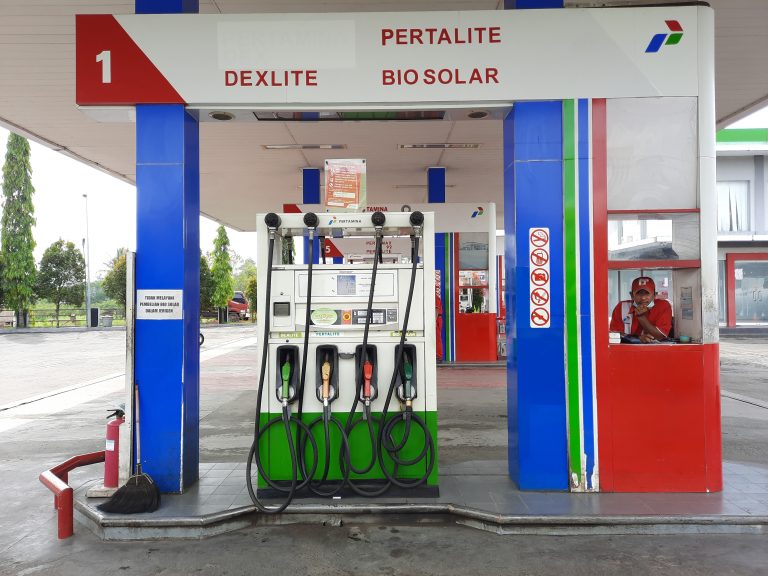Jakarta – The government has stated that it is ready to accelerate the energy transition by implementing the B50 mandatory program in 2026. The Ministry of Energy and Mineral Resources (MEMR) said on Tuesday, October 14, that this program is part of efforts to achieve independence in the national fuel supply.
MEMR said the implementation of the biodiesel program from 2020 to 2025 has saved foreign exchange of up to USD 40.71 billion. With the implementation of B50 in 2026, the potential for additional savings is estimated to reach USD 10.84 billion in just one year.
The mandatory B50 program is a blend of 50 per cent Fatty Acid Methyl Ester (FAME) biodiesel from Crude Palm Oil (CPO) into diesel fuel. This program is projected to reduce dependence on oil imports while strengthening domestic energy security.
“Our diesel consumption next year is projected to be 40.2 million kilolitres. Of that amount, the FAME composition could reach 20.1 million kilolitres,” explained Director General of New, Renewable Energy and Energy Conservation (EBTKE) Eniya Listiani Dewi.
MEMR data shows that national biodiesel demand in 2026 is estimated to reach 40.2 million kilolitres (kl), with nearly 50 per cent of that, or around 20.1 million kl, to be met by CPO FAME.
Minister of Energy and Mineral Resources Bahlil Lahadalia said that the demand for CPO for B50 is relatively high, so supply must be strengthened from upstream. “The government is reviewing several options, ranging from intensifying palm oil production on existing land, opening new land, to regulating exports so that domestic demand remains guaranteed,” said Bahlil.
According to him, if export restrictions are implemented, the Domestic Market Obligation (DMO) will become an important instrument to ensure that CPO supplies to the biodiesel industry remain stable.
“If we cut some exports, one instrument that can be used is DMO, so that the balance between domestic and foreign demand is maintained,” he added.
In addition to economic efficiency, this program is also expected to strengthen Indonesia’s position as the world’s largest biodiesel producer and reaffirm the government’s commitment to achieving its 2060 Net-Zero Emissions (NZE) target.
“The implementation of B50 will significantly increase the proportion of biofuel in diesel fuel, so that the national diesel fuel supply can be sourced entirely from within the country,” said Eniya. (Hartatik)
Banner photo: shutterstock















